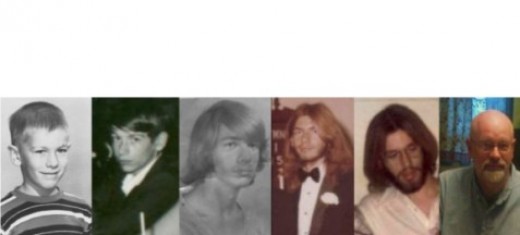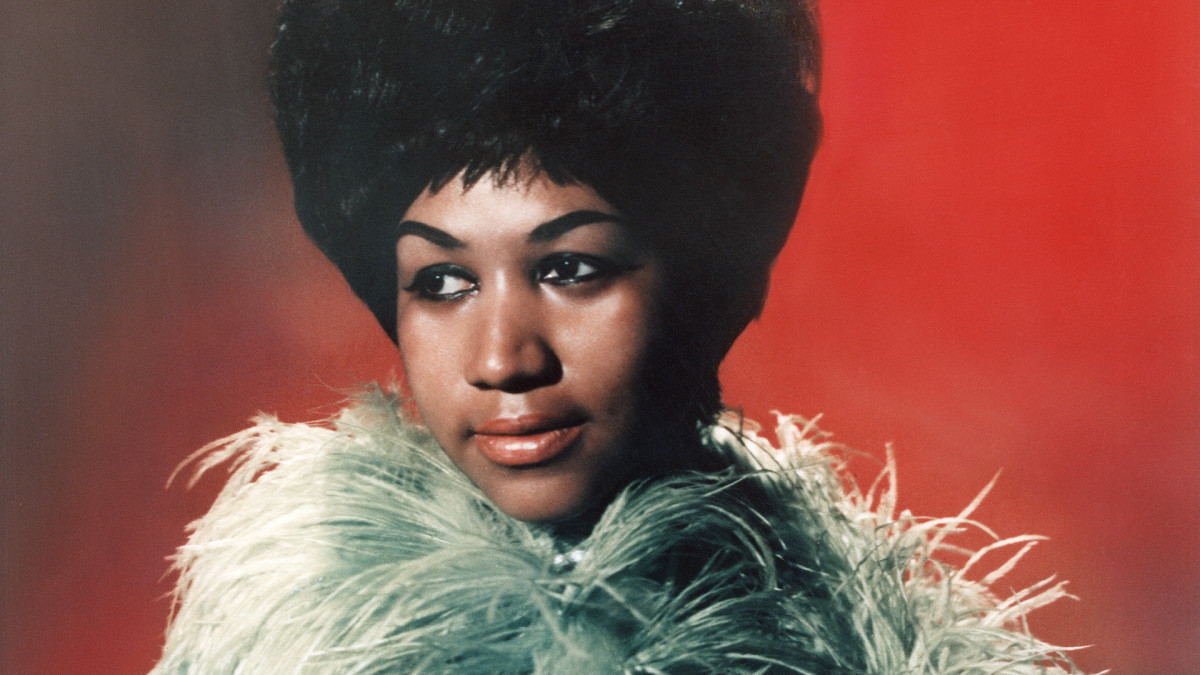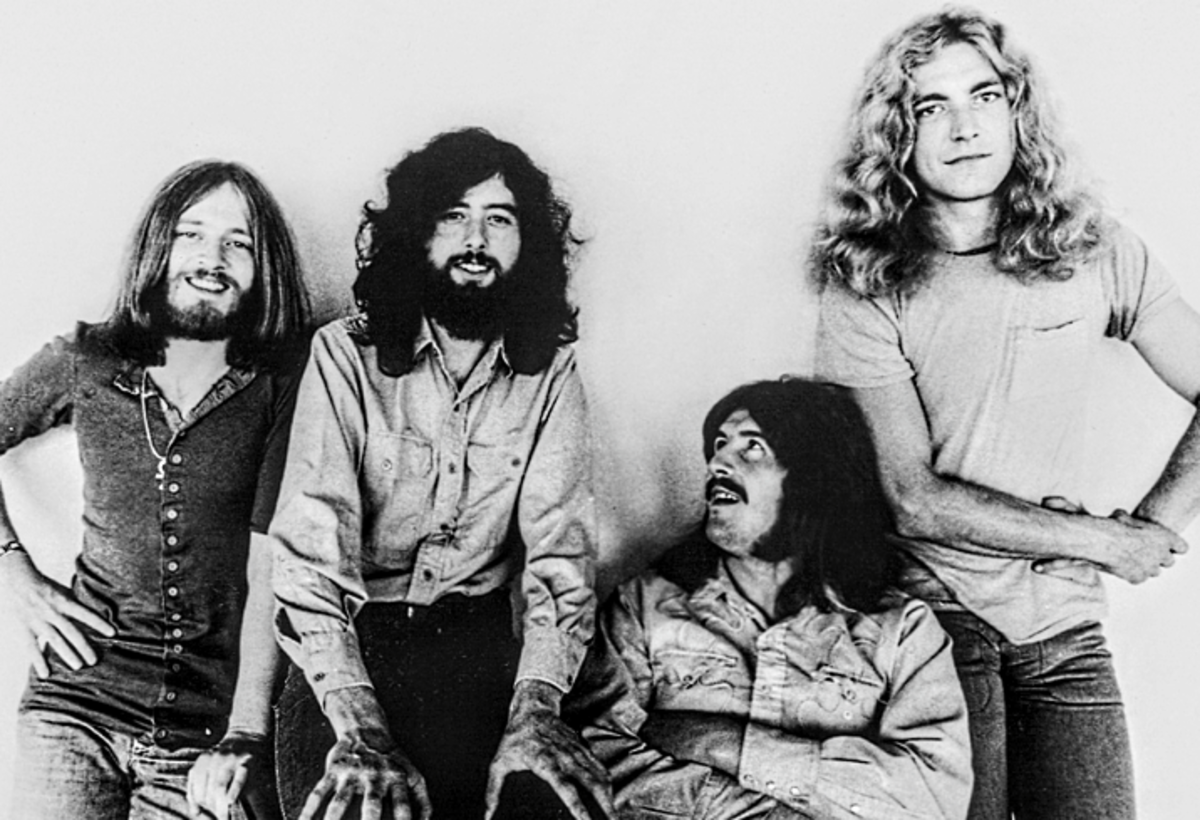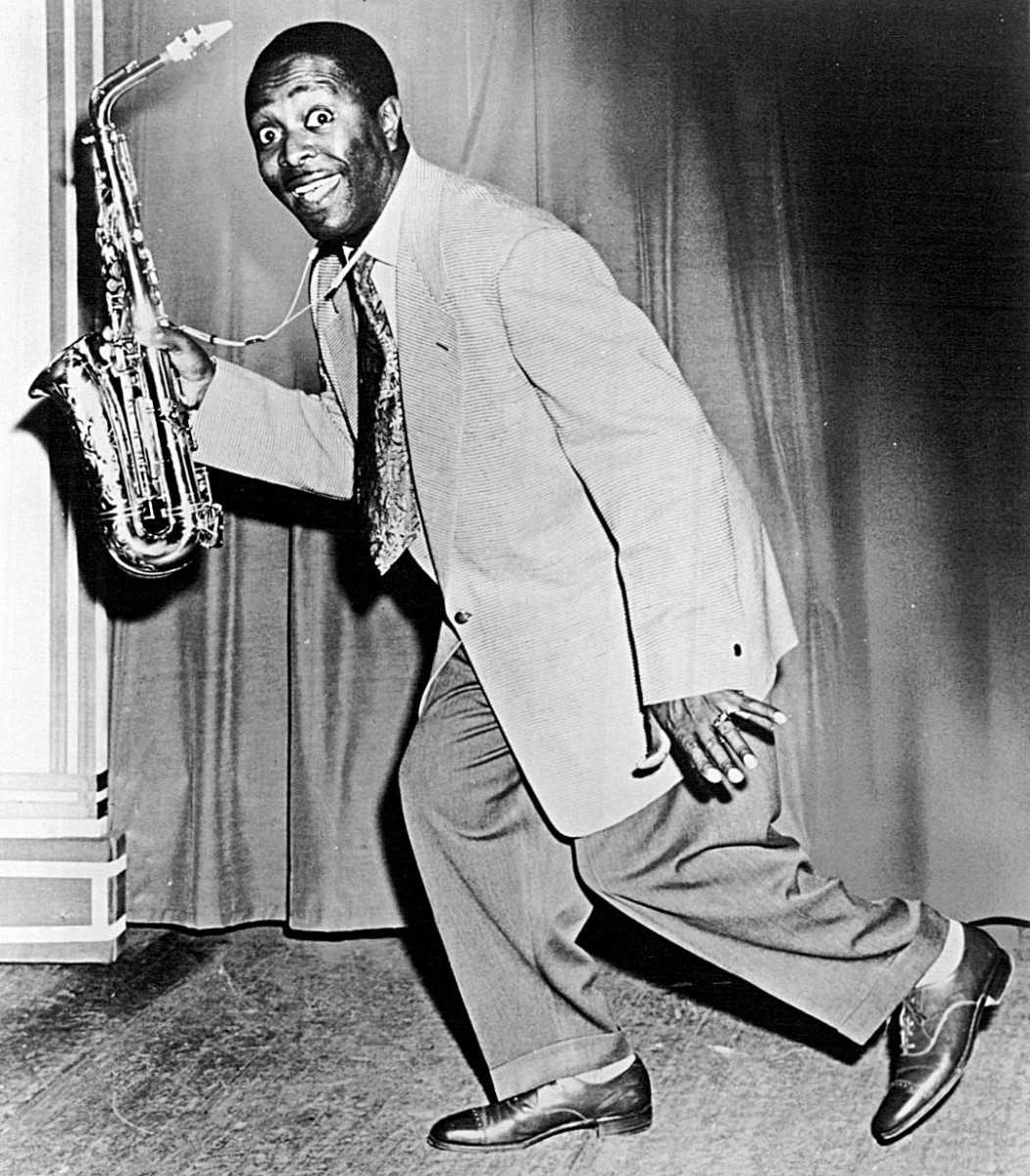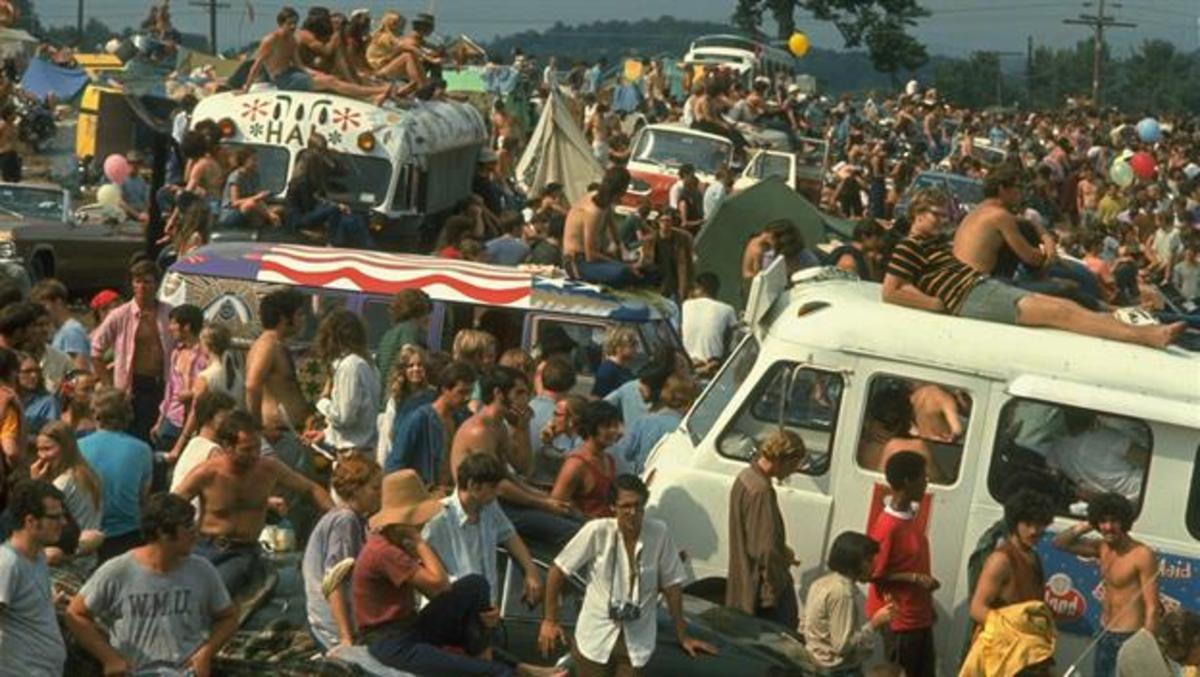45 Years After
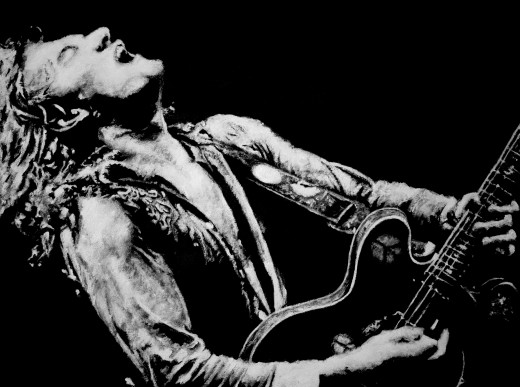
After Elvis expertly crafted Rock & Roll from the Country music he grew-up hearing and the Gospel & Blues he loved, giving the world the first authentically American art form, record companies cashed in on the new phenomenon turning every young/attractive actor (Edd '77 Sunset Strip' Byrnes, Paul 'The Donna Reed show' Petersen, Robert 'Hawaiian Eye' Conrad, etc) into a recording artist and pulling good looking young civilians off the street (Fabian, Frankie Avalon, etc) to fashion into the next teen idol. The result of this manufactured music (and with Elvis going into military service, Chuck Berry going off to prison, Little Richard going back to church, etc) was that Rock & Roll became dissipated, void of it’s original power. The real and vital connection Rock & Roll music had to the Blues it came from was whitewashed – White record executives took young White singers (in some cases ‘singers’?) and made teen heartthrobs out of them. Ignorant of the Blues that gave birth to Rock & Roll but casting these young men as ‘Rock & Roll’ stars, the record companies were in fact developing what actually became Pop music.
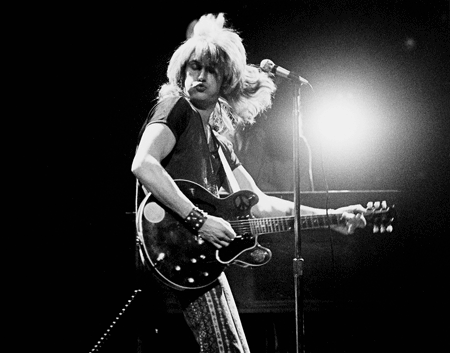
While there were still a good number of genuine artists who fully ‘got’ the Blues that was the core of Rock & Roll and were making great music, artists like Ricky Nelson, Dion, Roy Orbison, etc, by the mid 60s Rock & Roll had largely lost it’s edge, it’s power – and what happened next was quite remarkable. While America had very much turned it’s back on it’s own art form, the Blues, young men in faraway lands were just discovering it. Young British kids listening to Blues records brought over by U.S. military men and dug-up in Jazz record shops, etc, started to form bands with classmates and play their own interpretation of Blues-based Rock & Roll. When The Yardbirds, The Beatles, The Animals, The Who, The Kinks, The Small Faces, etc, came to America to appear on The Ed Sullivan Show, etc, The British Invasion dominated the charts and changed everything.
Many of these British bands developed what became Rock music and became, not Rock & Roll, but the first Rock bands . . . The Who and Cream influenced America bands like The Doors and Jimi Hendrix and Rock music was born. These bands were all heavily influenced by Blues and very frequently had several cuts on each album that was straight Blues - but some bands, like the British Savoy Brown and John Mayall’s Blues Breakers and the American Allman Brothers and Johnny Winter, were flat-out Blues Bands. And added to the genres of Delta Blues, Texas Blues, and Chicago Blues was now British Blues . . . guitarists like Eric Clapton, Jeff Beck, Kim Simmonds, etc, were teaching everybody how to play Blues-based Rock guitar, and in so doing, Eric Clapton specifically was teaching the world how to play the electric guitar.
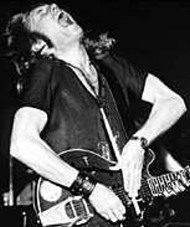
Now, all of that was to set the stage for this; Alvin Lee died yesterday, Wednesday March 6th. In that glorious era, the near second generation of The British Invasion bands, when British Blues bands were giant Rock stars filling arenas, changing radio from the 3 minute hit record to album Rock stations, and inventing a musical form that is still what we listen to 50 years later, no one rocked harder than Ten Years After. From the first time many American kids saw Alvin Lee in movie theaters doing ‘I’m Going Home’ in the ‘Woodstock’ documentary to many seeing the band in their local arena, Alvin Lee and his band Ten Years After always did top-notch, hard-driving, full-throttle Rock music drenched with Blues.
Some of the very best, memorable, and still killer albums of the 60s and early 70s were Ten Years After LPs; their first (1967) and self-titled LP ‘Ten Years After’ included the deeply bluesy ‘I Can't Keep from Crying, Sometimes’, the great Blues standard ‘Spoonful’, and Muddy Waters’ ‘Help Me’ (both written by Willie Dixon). An LP that many bought just because of the cover, ‘Ssssh’ also included such Blues masterpieces as ‘Good Morning Little Schoolgirl’ and the stop-you-in-your-tracks scorching ‘I Woke Up This Morning’. And one of the seminal LPs of the original Rock era (and that’s saying something) remains ‘Cricklewood Green’ – a magnum opus of Rock music at it’s best. ‘A Space in Time’ included both Blues-based Rock cuts that no one did better than Ten Years After like ‘One of These Days’ and perhaps their most familiar and enduring recording ‘I'd Love to Change the World’ (still heard from time-to-time in films, commercials, etc).
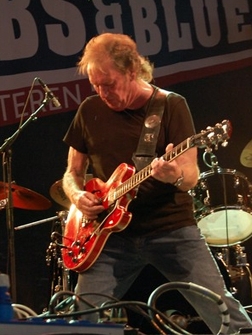
Alvin Lee was very commonly counted to be the fastest Guitarist alive, and in death he will remain one of the most urgent, unrestrained, and simply powerful guitarists ever to plug-in and play Blues-based Rock music . . . thank you Alvin Lee.
If you're not familiar with Alvin Lee and Ten Years After but you love Classic Rock, raw authentic Rock, Blues, or just non-overly-produced stage-show (Super Bowl half-time lights and flash) crap but prefer real music, you're in for a giant treat . . . sit back and turn it all the way up ~
